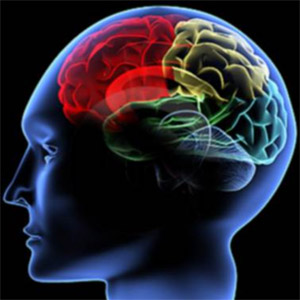When we think of hearing ability, we usually think it is our ears that do all the work, but that isn’t true: our brains actually do most of the hearing and understanding. Our ears bring noises in, but interpreting that noise, distinguishing what is useful from what is garbage, and understanding speech and other sounds is all done by the brain. So if we want to improve our listening skills, there is something we can do: we can train our brains and improve our ability to engage our environments.
Communication 101
In order to communicate with others, it is vital that we are able to listen to them. With hearing impairment come hearing aids, which can help you to hear more of the world around you, yet they cannot improve your listening skills. To listen, we must be able to block out distracting background noises and hone in on the sounds that are valuable.
Any time we are actively communicating with other people, we are training our brains to listen better. Practicing active listening is vital to maintaining communication skills as we age.
Listening and Hearing are not the Same
Recognizing the presence of sound is the act of hearing. You can be startled by a loud bang or turn your attention to a source of noise, but neither of those require much understanding. Scientists call this signal-based processing. Both hearing and knowledge are requirement for active listening, however.
Communication Skills and Strategies
As we age, the distinction between hearing and listening may become more evident. Often older people report being able to hear what is being said but not quite understanding it like they used to. Fortunately, there are tools, training and information that can help us to improve our listening skills. Our brains can be trained to hear and listen at an appropriate level.
Here are a few tips for improving listening and communication:
- Listening improvement classes can help teach you how to train your brain
- Understand the limits of a hearing aid
- Ask those around you to speak clearly and succinctly to help you
- Learn about other technologies that can help with noise cancelling and background distractions
- Use closed captioning or subtitles while watching movies and TV
Here are a few exercises that can help to train your brain and improve listening skills:
- Read and listen to a book at the same time
- Sit with a friend and listen to them read a newspaper aloud, then read it along with them
- Watch a show or movie without closed captioning, then watch it again with it, and evaluate your comprehension
To challenge you further, you can try each of the above exercises in noisy environments with background noise to help you focus in on sounds you are trying to hear.
Simply having the ability to hear does not guarantee good listening and communication skills, so while hearing aids are a big help, they are not the only strategy. The good news is you can practice active listening to help you improve your communication skills and listening abilities.
Los Gatos Audiology is here to help you protect your hearing and your health. Call today and come in for your yearly hearing exam so you can stay ahead of the curve and protect your hearing, your brain and your health.
We’ve served San Jose and the Bay Area for over 40 years, providing the right solution for Your Life. Your Style.


